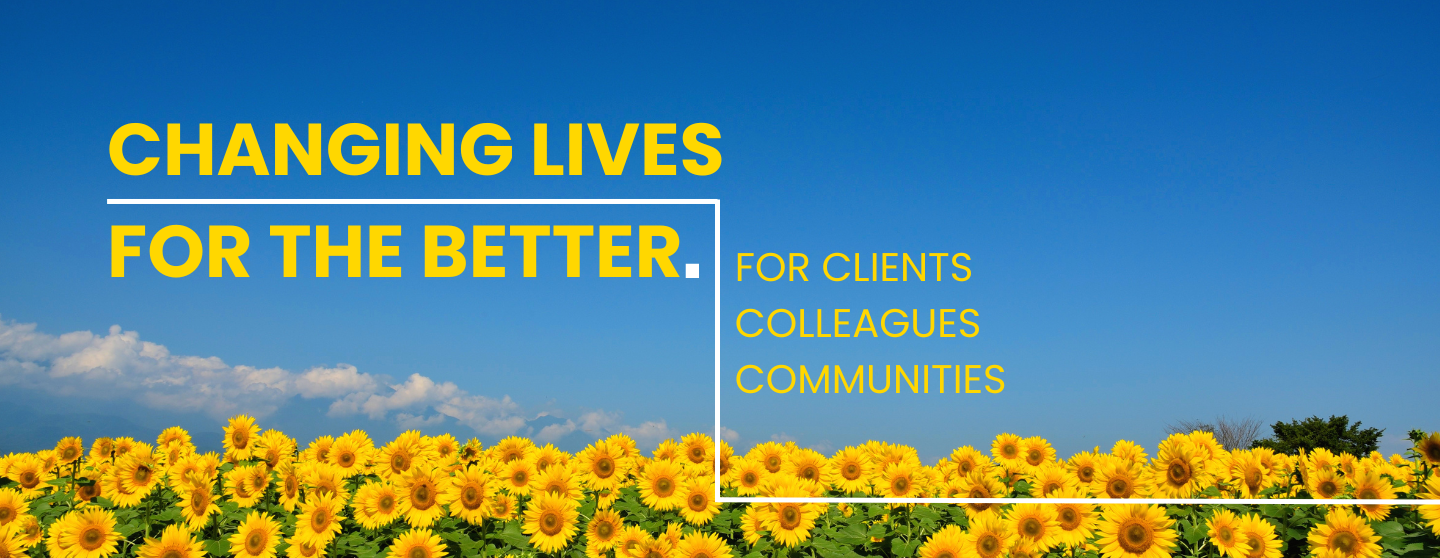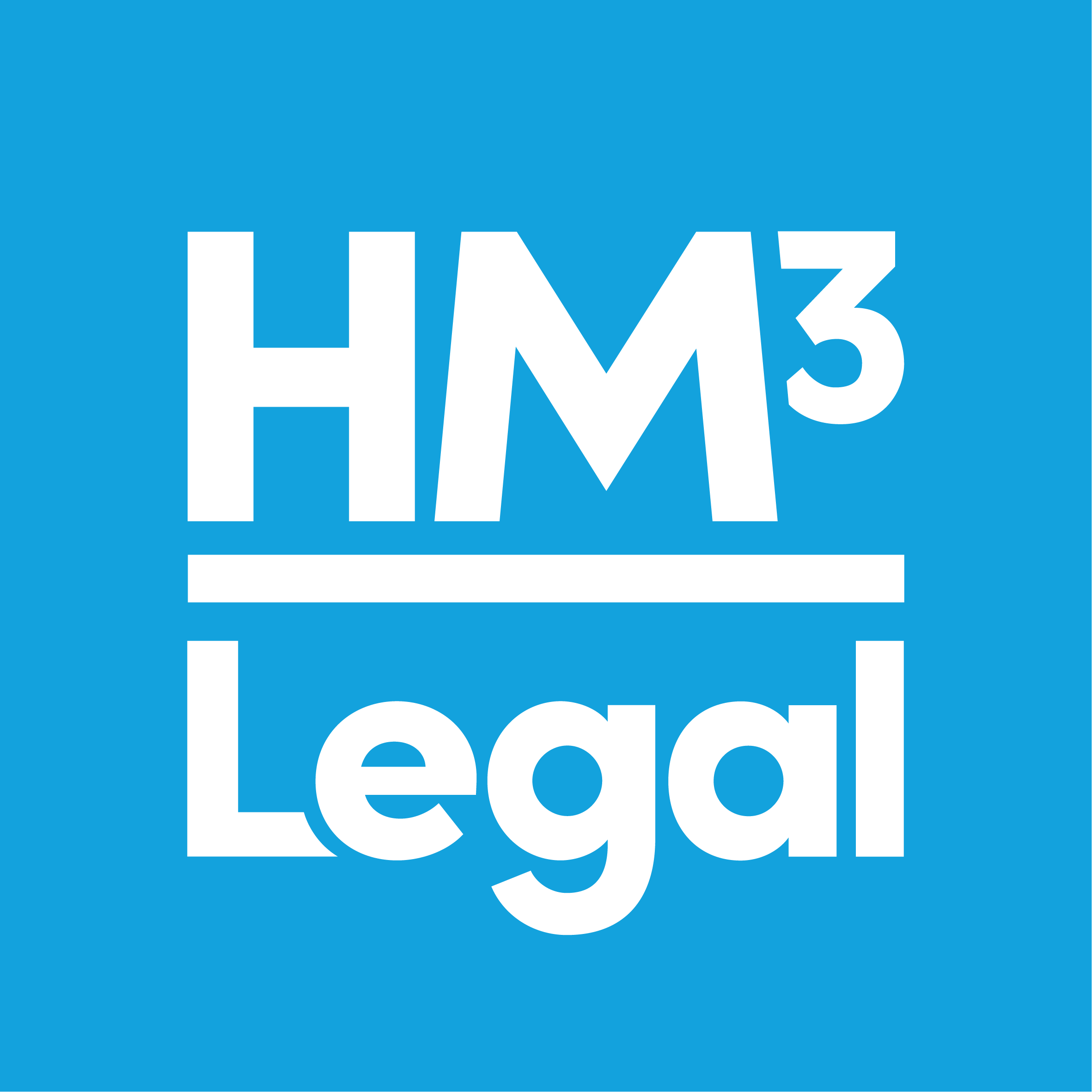

HM3 Legal

Cheshire West and Chester, United Kingdom
May 2024
Legal activities
Service with Minor Environmental Footprint
United Kingdom
Why would a law firm seek B Corp certification? For HM3 the answer is as straight-forward as their specialist lawyers are straight-talking. Their team believes any business can make a long-lasting difference through responsible, transformational, sustainable growth – not by acting to the detriment of society or the environment. Their B Corp journey began in 2022; in 2024 HM3 joined the powerful global movement positively affecting the world, one conscious decision at a time. Their ongoing commitment to changing lives for the better means: • Finding innovative ways to support clients and the local economy. • Valuing colleague wellbeing within an equal and inclusive environment. • Purposefully impacting communities now and for future generations. From Chester, Liverpool and Wirral, HM3 Legal provides legal advice to businesses and individuals. They are proud that women occupy two-thirds of their leadership roles, have attained a Net Promotor Score in the top percentile of companies ever assessed by Investor in Customers for service excellence, and are the First Sustainable Palm Oil Workplace in the World. Becoming a B Corp continues HM3’s bold quest to be a better business. Visit www.HM3.Legal or social media to discover more.
Overall B Impact Score
Governance 19.4
Governance evaluates a company's overall mission, engagement around its social/environmental impact, ethics, and transparency. This section also evaluates the ability of a company to protect their mission and formally consider stakeholders in decision making through their corporate structure (e.g. benefit corporation) or corporate governing documents.
What is this? A company with an Impact Business Model is intentionally designed to create a specific positive outcome for one of its stakeholders - such as workers, community, environment, or customers.
Workers 31.4
Workers evaluates a company’s contributions to its employees’ financial security, health & safety, wellness, career development, and engagement & satisfaction. In addition, this section recognizes business models designed to benefit workers, such as companies that are at least 40% owned by non-executive employees and those that have workforce development programs to support individuals with barriers to employment.
Community 21.1
Community evaluates a company’s engagement with and impact on the communities in which it operates, hires from, and sources from. Topics include diversity, equity & inclusion, economic impact, civic engagement, charitable giving, and supply chain management. In addition, this section recognizes business models that are designed to address specific community-oriented problems, such as poverty alleviation through fair trade sourcing or distribution via microenterprises, producer cooperative models, locally focused economic development, and formal charitable giving commitments.
Environment 11.0
Environment evaluates a company’s overall environmental management practices as well as its impact on the air, climate, water, land, and biodiversity. This includes the direct impact of a company’s operations and, when applicable its supply chain and distribution channels. This section also recognizes companies with environmentally innovative production processes and those that sell products or services that have a positive environmental impact. Some examples might include products and services that create renewable energy, reduce consumption or waste, conserve land or wildlife, provide less toxic alternatives to the market, or educate people about environmental problems.
Customers 4.3
Customers evaluates a company’s stewardship of its customers through the quality of its products and services, ethical marketing, data privacy and security, and feedback channels. In addition, this section recognizes products or services that are designed to address a particular social problem for or through its customers, such as health or educational products, arts & media products, serving underserved customers/clients, and services that improve the social impact of other businesses or organizations.